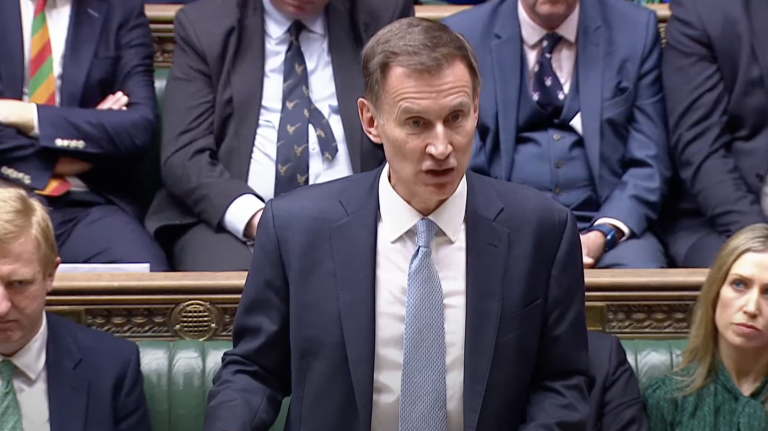Many lifelong financial habits are in place by the age of just seven, highlighting that it’s probably never too early to start talking to kids about money. Obviously, jumping straight in with your take on the latest interest rate decision isn’t going to win over any youngsters. But once you scratch the surface, especially if you’re talking to a child who hasn’t really thought about money before, then it can genuinely become a fun and interesting topic.
The Importance of pocket money
Experts recommend giving children regular pocket money. The amount doesn’t matter nearly as much as the habits formed by knowing money comes in on a certain day or date. Figures from credit reporting firm Experian found that more than half of parents (51 per cent) who gave pocket money did so to help their child’s money skills. But at the same time, 30 per cent of parents felt they were held back by their own lack of financial confidence, or resources to help them offer guidance. So talking to children about money can not only help the next generation feel more confident, it could also create opportunities to learn together.
Understanding money is finite
From age seven, most youngsters can understand that money is finite. They can also grasp the idea that borrowing cash means you’ll be expected to pay it back at some point. Seeing the adults around them using a credit card is a good way to introduce this idea, explaining the reasons why we use credit and outlining the basic pros and cons.
For growing numbers of children, sadly, money in their household is scarce and that’s likely to be something they’ll be aware of from an early age. But for others, discovering that spending too much might mean the pot runs dry – even for adults – can be a profound lesson. That’s when the concept of prioritising can come into play. At this stage it’s probably enough to boil it down to ‘needs’ versus ‘wants’. This works for the household budget as well as for their own pocket money. Although they’ve probably never thought in these terms, it’s pretty easy for them to understand that paying the rent or mortgage is more important than treating the family to a takeaway. From there, the conversation can easily move on to their own needs and wants. (Quick heads up, their bar for what constitutes a ‘need’ can be very low!)
Learning through spending and saving
Priorities don’t have to be about the macro. Supermarkets tend to put their cheaper options on the bottom shelves where shoppers can easily miss them. By using a little person to spot bargains, adults can help their child feel part of spending decisions. Going back to pocket money, tying their payments to chores and boosting their cash if they do extras can really help to focus a child’s mind. For something they desperately want, sacrificing some free time to help out in the house is a no-brainer. And the idea of patience – even if it’s just waiting a day or two to be able to buy something – might be more alien to today’s kids but it’s still important.
Advice for older children
Between the ages of nine and 12, youngsters are able to understand more complex ideas like value for money, and with stronger maths skills they can start to get their heads around how interest works. If they’re already familiar with credit and saving, they can begin to form a better picture of how interest can work for them, as well as against them. They can also have a bit more freedom with their money. It might be painful to sit back and watch them make a poor money decision, but safe and low-level spending blunders are often good learning experiences!










